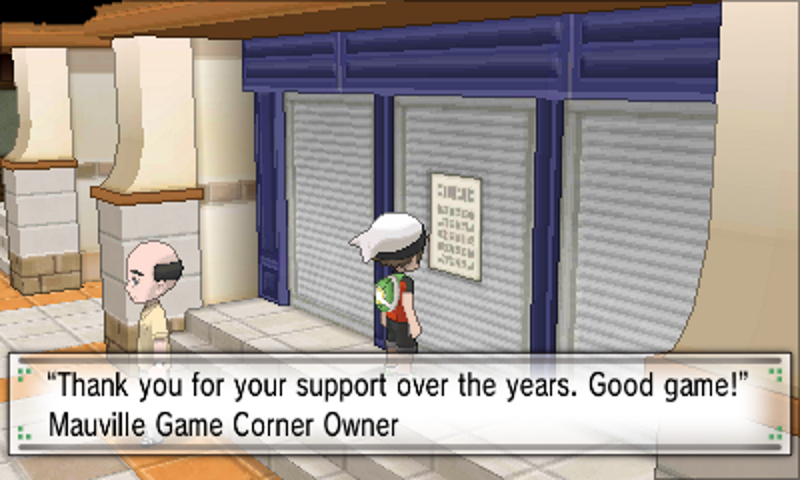Giving Enjoyment instead of Taking Money

When I was about six years old, I would frequently play an old slot machine game on my dad's IBM ThinkPad running Windows 98. I remember you could easily give yourself infinite credits to play, so it was fun just watching the flashing lights and seeing numbers go up.
When I was nine years old, I played a lot of the slots minigame in Pokémon Sapphire. I didn't really care about earning the in-game money, I just liked trying to stop the slots at the right time to get the most credits.
As the years went on, I noticed that video games moved away from "gambling" mechanics to avoid higher ESRB/PEGI/etc. ratings. The remake of Pokémon Sapphire didn't even have the slots minigame!
One day, I decided to go to an actual casino. I put $20 in the machine, pressed "SPIN", and my total became $60. I realized that since I had effectively tripled my money, it was "correct" to cash out. I had pressed one button and "won" the slot machine. It felt so empty.
Adding money to the equation took away the fun. I decided in that moment that I would keep playing until I either had $0 or $1,000,000. I would either be stupidly rich or I would reinforce the idea that I shouldn't gamble on a slot machine. I hit $0 after a few more spins.
I literally had nightmares about casinos in the first few years after that. It took me a while to realize why. The slots games I played when I was a kid were designed to give me enjoyment. The slot machines in the casinos were designed to take my money.
This is the primary reason why Luck be a Landlord came to be. I wanted to make a slot machine game that was designed to give enjoyment, not take money. All of the roguelike deckbuilder mechanics and rent-paying themes came much later in the game's development, but that's a story for another day.
(This was originally a thread that I tweeted out, but I felt it was worth posting here for anyone who might not have seen it initially)